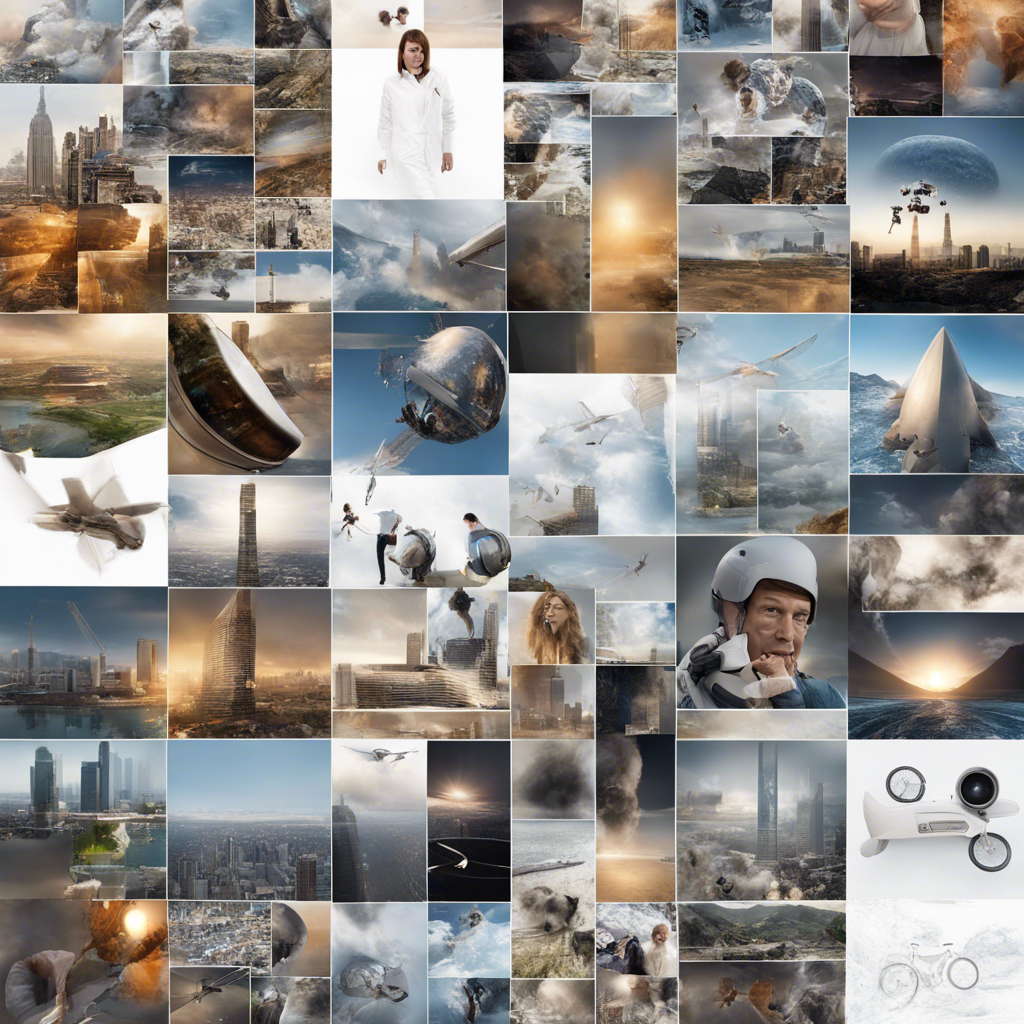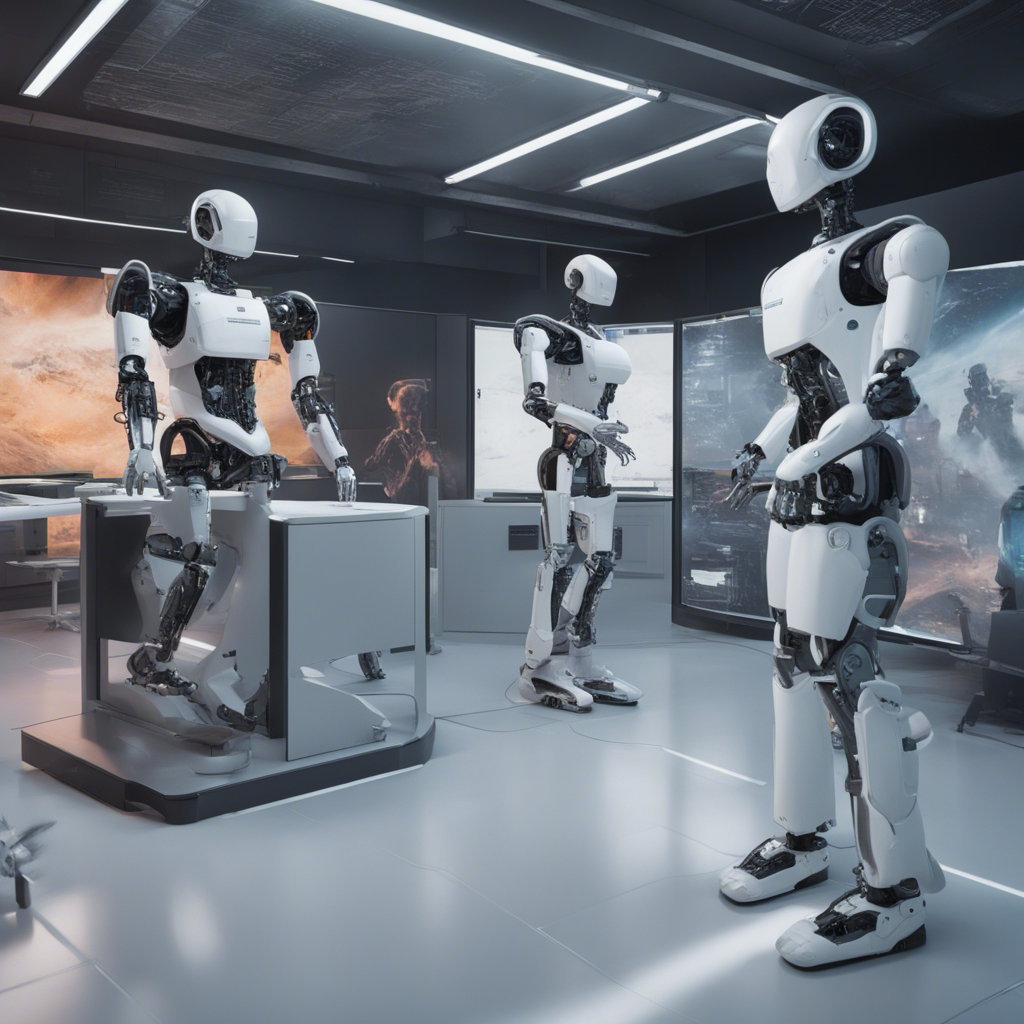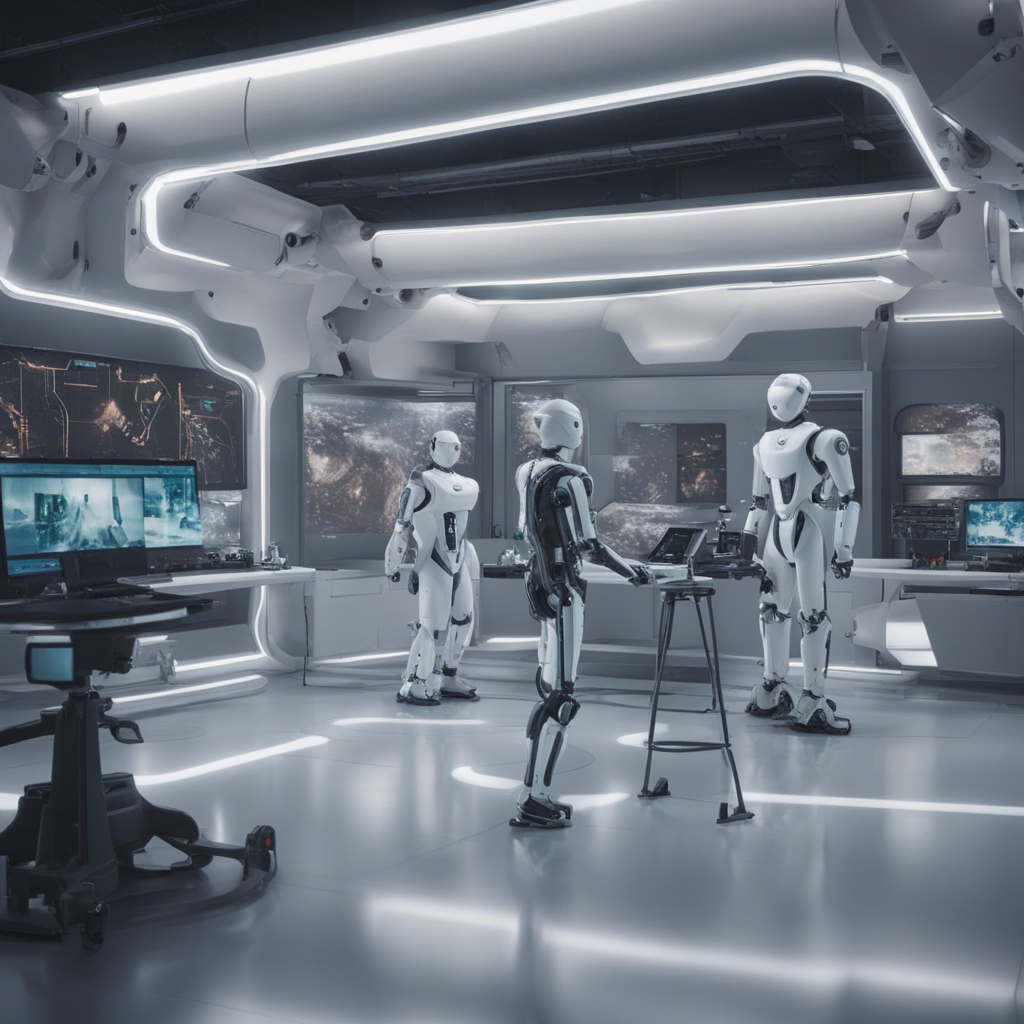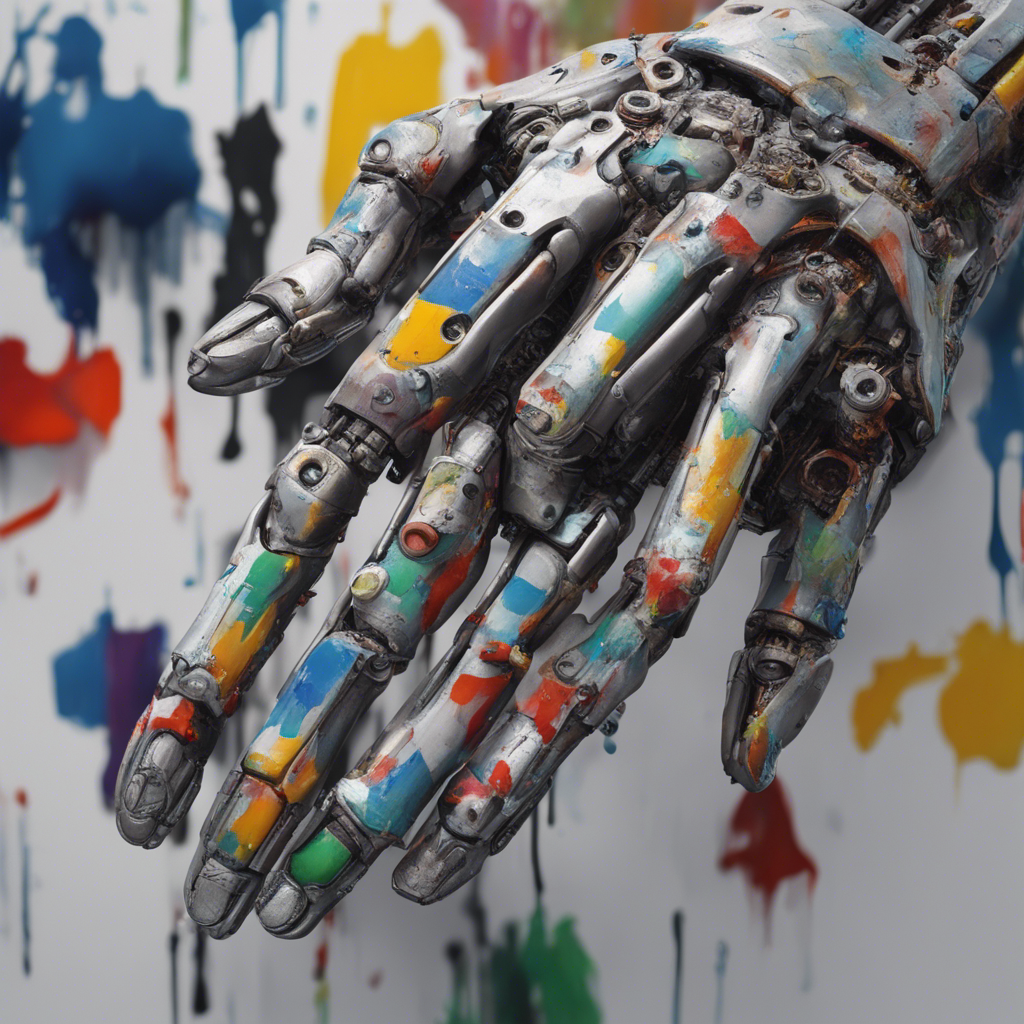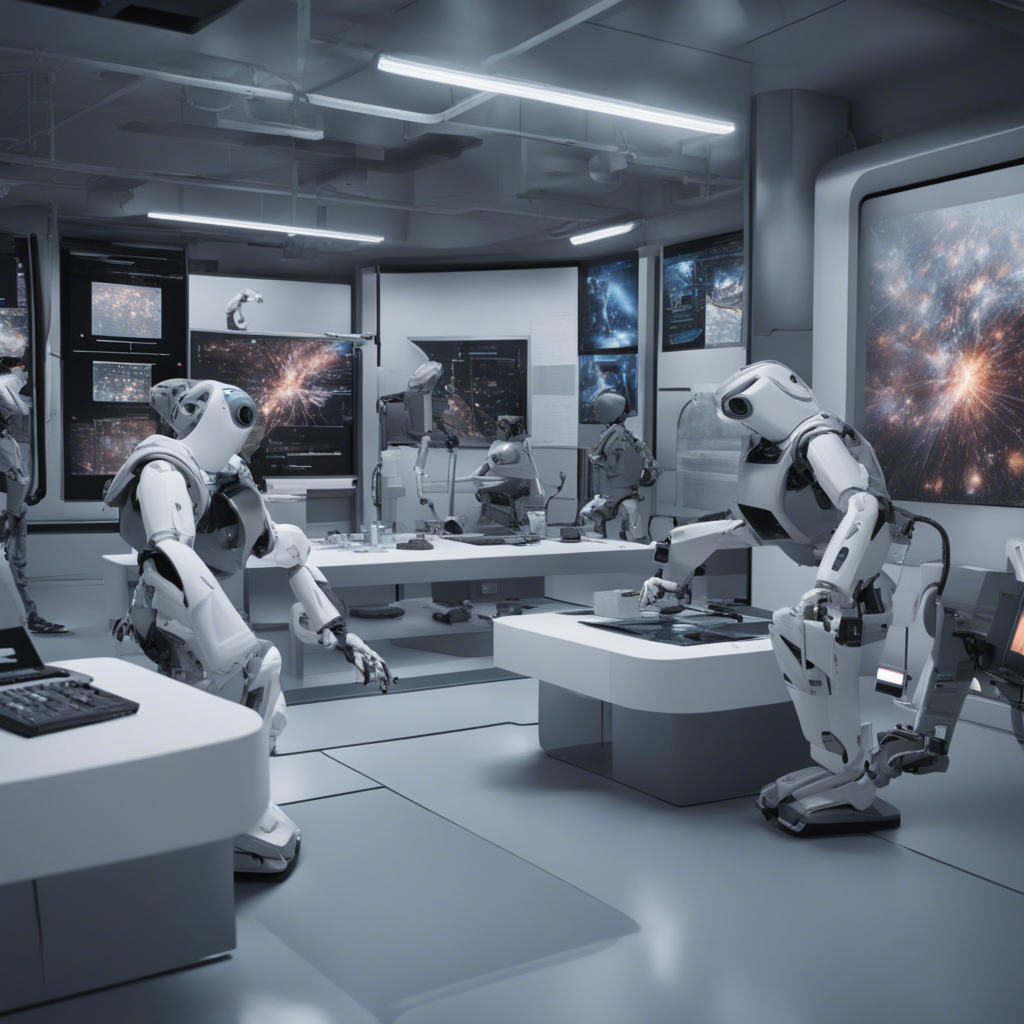
Revolutionizing Daily Life with AI in 2024
In recent years, the rapid advancements in artificial intelligence (AI) have revolutionized various aspects of our lives. From voice assistants like Siri and Alexa to autonomous vehicles, AI has become a ubiquitous technology driving innovation and transforming daily routines. Looking ahead to the year 2024, we can expect even more significant breakthroughs as AI continues to evolve. In this blog post, we will delve into the potential ways AI can further revolutionize our daily lives in 2024.
Smarter Personal Assistants
AI-powered personal assistants have already become integral parts of our lives. However, by 2024, we can expect them to become even more intelligent and proactive, seamlessly integrating into our daily routines. Through extensive data analysis and machine learning algorithms, personal assistants will be able to better understand our preferences, anticipate our needs, and provide relevant information and suggestions.
For instance, imagine waking up to an alarm clock that not only wakes you up gently but also checks traffic conditions, weather forecasts, and personal schedules to ensure your day starts off smoothly. Throughout the day, your personal assistant could help you manage your tasks, offering reminders and recommendations based on your previous habits and behavior patterns. These advancements will enable personal assistants to become even more helpful and tailored to individual users, streamlining our daily activities.
Enhanced Healthcare and Wellness
AI has the potential to transform the healthcare industry, improving both patient care and medical research. In 2024, we can anticipate significant advancements in AI-powered healthcare applications that will revolutionize the way we approach diagnosis, treatment, and overall well-being.
For instance, AI algorithms can assist doctors in accurately diagnosing diseases by analyzing vast amounts of patient data and medical records. By identifying patterns and correlations that human doctors may overlook, AI can support more precise and timely diagnoses. Moreover, AI can help reduce medical errors by providing real-time recommendations and alerts to healthcare professionals during procedures.
In terms of personal wellness, AI-powered wearables and health tracking devices will become even more sophisticated. These devices can continuously monitor our vital signs, exercise routines, and sleep patterns, providing personalized recommendations on fitness goals, diet plans, and sleep quality improvements. With the help of AI, individuals can have access to a comprehensive and tailored approach to improving their overall well-being.
Autonomous and Intelligent Transportation
Self-driving cars have already begun to revolutionize transportation, and by 2024, we can expect even more advances in autonomous vehicles. The integration of AI will enable vehicles to become smarter, safer, and more efficient.
AI algorithms can analyze vast amounts of data from sensors, cameras, and maps in real-time, allowing vehicles to make split-second decisions based on the surrounding environment. This capability will significantly enhance road safety and reduce the number of accidents caused by human error. Additionally, AI can optimize traffic flow by predicting congestion and suggesting alternate routes, leading to reduced travel times and less environmental impact.
Beyond personal cars, AI will revolutionize other modes of transportation, such as public transportation systems and delivery services. For example, self-driving buses and trains could offer more efficient and reliable commutes, while delivery drones and robots could ensure quicker and more precise deliveries, revolutionizing logistics.
Intelligent Smart Homes
Smart home technology has already transformed the way we interact with our living spaces, and by 2024, AI will take this concept even further. Smart homes will become intelligent environments that adapt to our preferences and anticipate our needs, enhancing comfort, convenience, and energy efficiency.
By integrating AI, smart home devices can learn from our behavior patterns and adjust settings accordingly. For example, lights, temperature, and entertainment systems can be automatically adjusted based on our preferences and habits, creating a personalized and comfortable living environment. AI-powered home energy management systems can optimize energy usage by analyzing data from smart meters, weather forecasts, and user preferences, resulting in energy-efficient homes and reduced bills.
Furthermore, intelligent security systems using AI will be able to identify unusual patterns and activities, alerting homeowners and enhancing overall safety. By analyzing live video feeds from cameras and detecting anomalies, AI can quickly identify potential risks and notify homeowners, allowing for prompt action.
Conclusion
The year 2024 holds immense potential for the further integration of AI into our daily lives, revolutionizing various aspects and improving our overall well-being. Smarter personal assistants, AI-driven healthcare systems, autonomous transportation, and intelligent smart homes are just a glimpse of what we can expect from AI in the near future.
As the technology continues to advance, it is crucial to embrace AI’s potential while addressing any ethical and privacy concerns. With responsible development and implementation, AI can genuinely revolutionize daily life, making it more convenient, efficient, and enjoyable for individuals worldwide.

